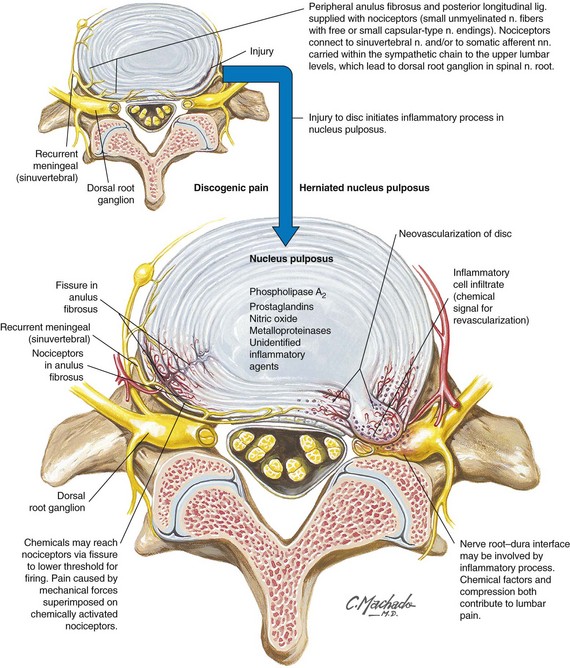

Electrodes are placed at various points on the skin, their adherence aided by a sticky gel.

The patient's temperature needs to be taken because a low body temperature will result in slower nerve conduction.ĭuring the outpatient NCS study, the nerves presumed to be affected are targeted. It is important that the doctor administering the NCS be aware of any medications the patient is taking and of any underlying medical conditions. Amyotrophic lateral sclerosis (Lou Gehrig's disease).Physicians may recommend an NSC study to either rule out or confirm a diagnosis of one of the following conditions: Nerve conduction studies may be administered to patients with symptoms such of chronic pain, numbness or tingling in various parts of the body. Nerve conduction studies may be used to diagnose specific causes of nerve damages, including: substance abuse, nerve compression or various types of neuropathy. This test, often performed in conjunction with electromyography (EMG), allows the doctor to differentiate nervous system issues from musculoskeletal ones, and is invaluable in helping to establish the source of nerve damage, information that can be vital to effective treatment. Nerve conduction study (NCS), also known as a nerve conduction velocity (NCV) test, enables the diagnosis of possible nerve damage by measuring the speed with which an electrical impulse travels through a nerve.


 0 kommentar(er)
0 kommentar(er)
